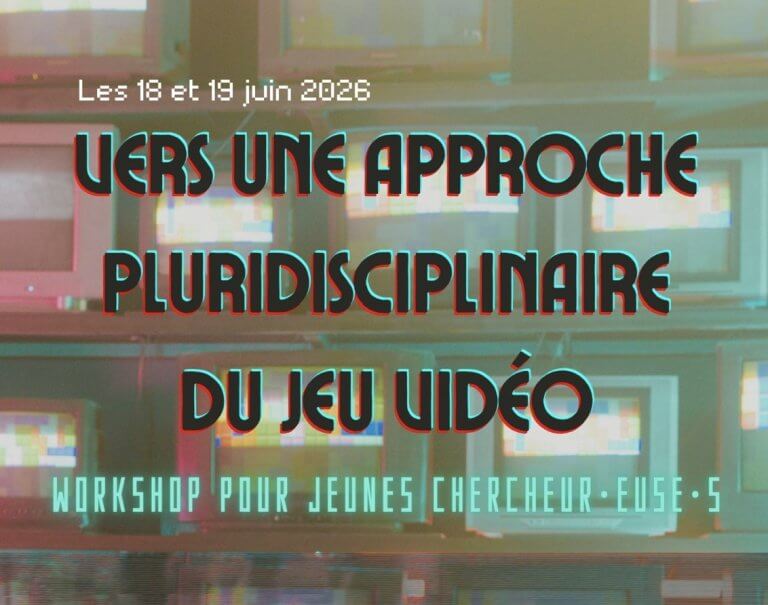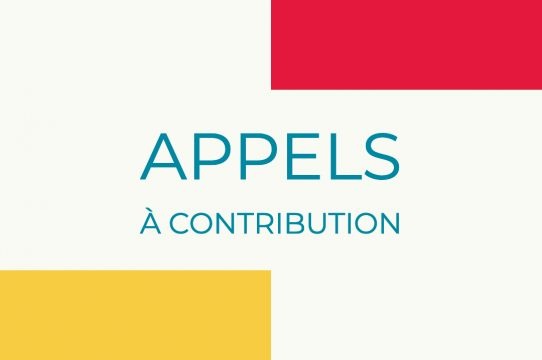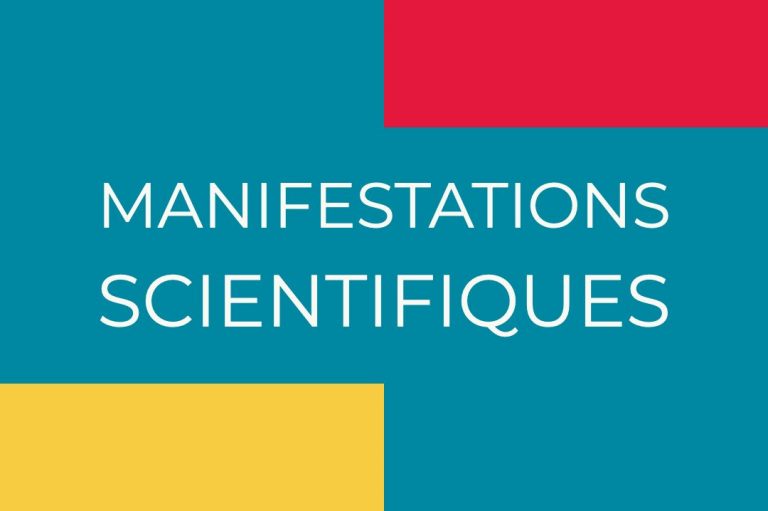[Call for papers] Conference Of blood networks: scientific controversies and societal reactions. Western Europe, 16th-20th centuries
Submission deadline : JANUARY 15, 2026

This Conference is organised by the Université Sorbonne Paris Nord / UR PLEIADE and the Institute of the History of Science of the Polish Academy of Sciences in Warsaw.
Summary
Blood has been an object of study for centuries due to its scientific and societal implications. This vital fluid is a vector of beliefs and, in some cases, is used as an indelible social marker. It creates tensions and ostracism, often with the complicit assistance of institutions of knowledge or power.
The question is to determine how scholarly discourse, whether traditional or innovative, and popular representations have been able to blend or, on the contrary, radically differentiate themselves. In some cases, discoveries and ruptures in terms of reception and vision surrounding blood and the connections it generates have led to intense controversies, because they question the traditional conceptions long believed to be incontestable. Scholarly discourses have clashed, networks have mobilized. Changing the perception of the blood of women, foreigners, or the sick was not without consequences. But, as it stands, this turbulence surrounding blood and its qualities that need to be reconsidered because it is still poorly understood.
Purpose of the conference
We wish to open this discussion to a broad community of researchers: historians of medicine and health, specialists in haematology and genetics, as well as philosophers, ethnologists and sociologists. This disciplinary diversity is essential to understanding the richness of the controversies surrounding ‘blood networks’ and how they have changed knowledge, practices, actions and sensibilities.
From the perspective of the humanities and of the social sciences, we will examine the networks that may have played a role in the controversies surrounding blood ties and networks in their social, political and scientific dimensions. The diversity of norms, spaces, discourses and actors involved should not be ignored when dealing with this topic. We will also examine how the understanding of biological and family ties, made possible by genetics, has transformed the standardised and gendered definition of ‘health’ (treatment of hereditary diseases, therapeutic anticipations, new care strategies) over the last century. This will enable us to better understand how this knowledge, which has been accepted and disseminated to varying degrees, has contributed to transforming the role of blood and its contents in maintaining family cohesion (the old aristocratic model linked to the fantasy of blood purity was ill-equipped to deal with the reality of ‘monstrous’ births) when dealing with disease.
Geographical area concerned: Mediterranean, Western and Eastern Europe.
Time period: 16th-20th centuries (from the first theories on blood circulation to the first scientific breakthroughs in genetics).
Topics covered:
- Blood ties, haematological theories and opposing scholarly communities
- Haematological knowledge and religious norms: an underestimated confrontation?
- Expressions of popular sensibilities in the wake of scientific progress and knowledge about blood
- Representations of blood ties as a controversial subject in texts and the arts
The objectives we have set ourselves are as follows:
- To understand the impact of European scientific networks on research into blood-related issues and the development of related healthcare practices
- To understand the impact of scientific discoveries about blood on social inequalities and perceptions of the poor, certain patients or foreigners
- To observe the diversity of actors mobilised to improve blood research
- To rethink being and health in the light of scientific discoveries about blood (prejudices and divisions in society)
- To redefine social ties and gender relations in line with developments in knowledge about blood (menstrual blood, menopause)
- To understand how the issue of blood was exploited by public authorities during health and social crises
We propose to structure our approach around four themes:
- The concepts of blood ties and networks: theories and practices
- The circulation of scientific ideas and knowledge about blood
- The projection of representations of blood and how they have evolved
- Scientific, political and societal tensions surrounding blood and the networks it creates
Keywords
Blood, knowledge, norms, controversies, representations.
Submission deadline
Proposals for papers (300-400 words) in French, English or Polish, with a short biographical note, should be sent by 15 January to
sabrina.juillet-garzon@sorbonne-paris-nord.fr, renata.paliga@ihnpan.pl, sarah.pelletier@univ-paris13.fr, stanis.perez@univ-paris13.fr
Autres appels
Vers une approche pluridisciplinaire du jeu vidéo : workshop pour jeunes chercheur·euse·s
Vers une approche pluridisciplinaire du jeu vidéo : workshop pour jeunes chercheur·euse·sDATE LIMITE DE SOUMISSION : 1ER MARS 2026 RÉSUMÉ…
AAC – L’œuvre multiple. Plurimédialité, recherche et création
L’œuvre multiple. Plurimédialité, recherche et créationDATE LIMITE DE SOUMISSION : 10 JANVIER 2026 Argumentation À l’ère de la convergence numérique,…
AAC – De quelles peurs le genre est-il le nom ?
De quelles peurs le genre est-il le nom ?DATE LIMITE DE SOUMISSION : 7 JANVIER 2026 RÉSUMÉ Nous interrogeons les…
Trouble dans la cartographie Contre-cartographie et changements de paradigme
Trouble dans la cartographie Contre-cartographie et changements de paradigmesDATE LIMITE DE SOUMISSION : 1ER DÉCEMBRE 2025 RÉSUMÉ La cartographie est…
AAC – Intime et psyché : discours et représentations de la vie intérieure dans l’Europe de la première modernité
Intime et psyché : discours et représentations de la vie intérieure dans l’Europe de la première modernitéDATE LIMITE DE SOUMISSION :…
Colloque « Des liens aux réseaux du sang : controverses scientifiques et réactions sociétales. Europe occidentale, XVIe-XXe siècles » (12-13 novembre 2026)
[Appel à communication] Colloque « Des liens aux réseaux du sang : controverses scientifiques et réactions sociétales. Europe occidentale, XVIe-XXe…




